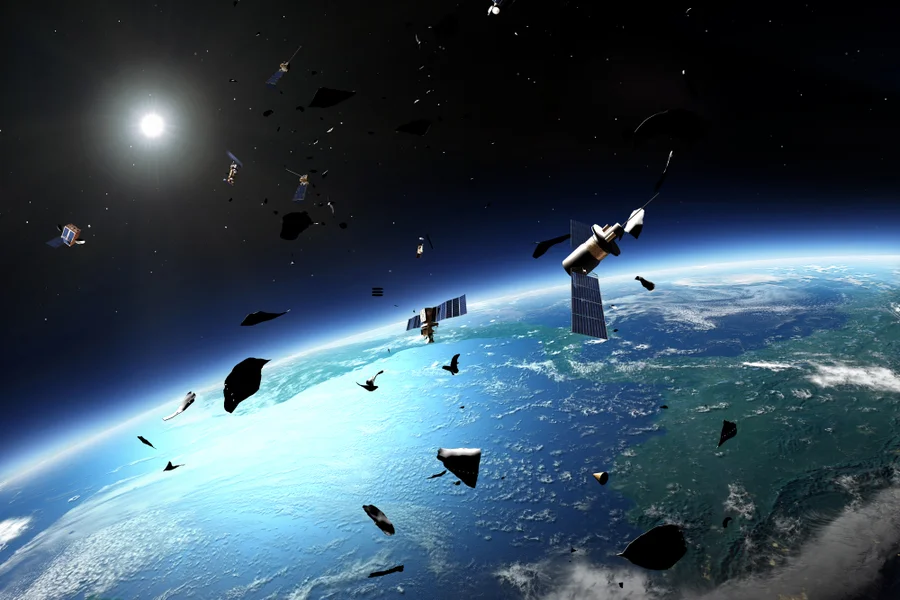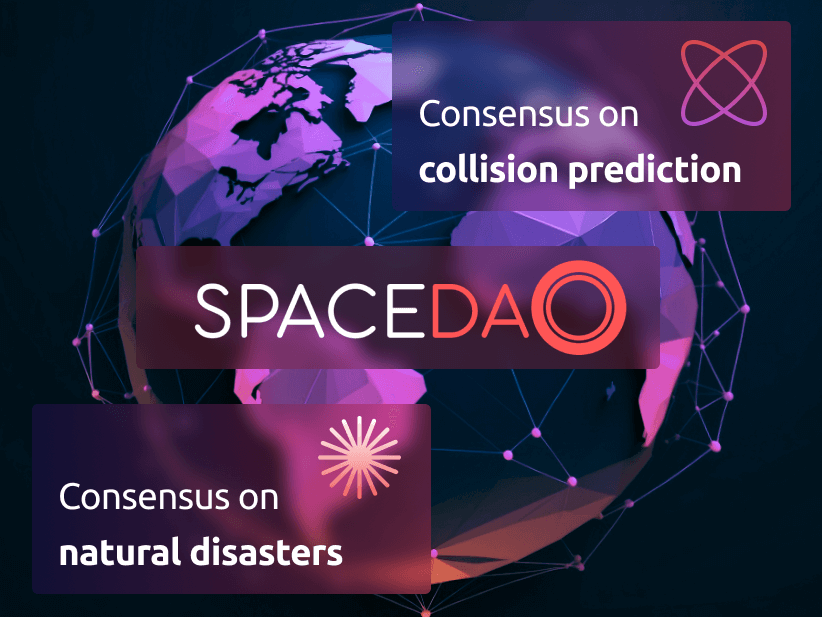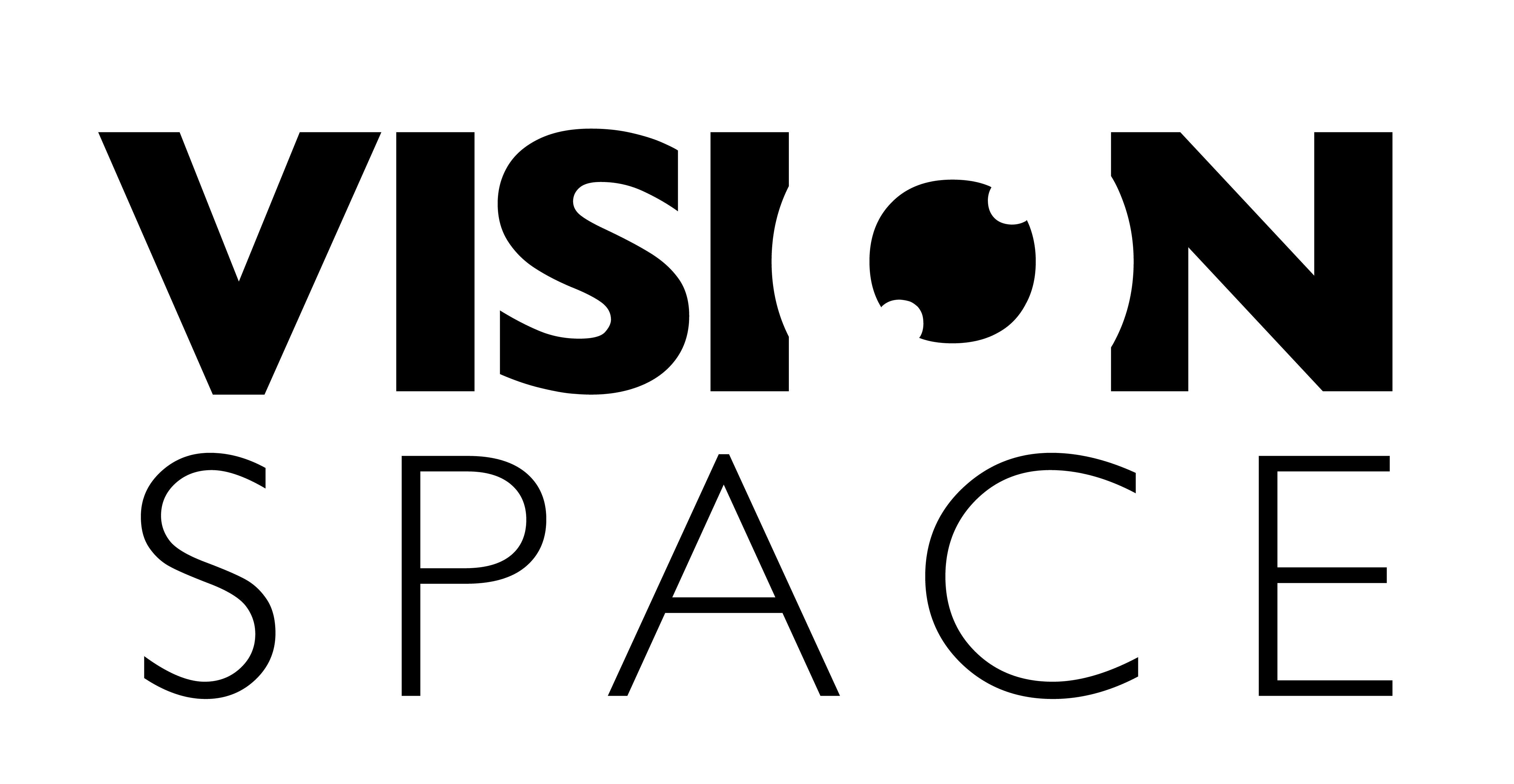
Houston, we have a problem.
Low earth orbit could become unusable by the next decade
without neutral consensus on data
Our orbit is getting cluttered
There were 800 operational satellites in low Earth orbit in 2019. In 2024, there are approximately 10 000 – an increase of over tenfold in five years. By 2030 this number is expected to reach 100 000, and more than 530 000 new satellites are currently planned.
Hundreds of thousands of small debris from past collisions add even more complexity to this scenario – 40500 space debris objects greater than 10 cm – an unprecedented challenge for Space Traffic Management. No single government or company is or will be able to provide technically accurate and politically neutral data to the international space industry with the level of trust and privacy that is required. A different solution is urgently needed.
Ref: European Space Agency – space environment statistics (sept. 2024)

Welcome to SpaceDAO
The first initiative developing decentralized, consensus-based governance of space assets as a sustainable solution for Space Traffic Management and Disaster Response in the 21st century.


What we do
SpaceDAO is a Decentralised Autonomous Organisation (DAO) addressing critical challenges in Space Traffic Management (STM) and Disaster Response Management (DRM). As the space industry experiences unparalleled growth, with over 12 000 active satellites currently in orbit and 530 000 new ones planned, traditional centralized systems struggle with issues of lack of transparency, difficult coordination, slow response times and geopolitical fragmentation.
SpaceDAO leverages blockchain technology, artificial intelligence, and decentralized governance to create a more efficient, transparent, and collaborative environment for space-related decision-making.
Space Traffic Management (STM)
Aggregating collision prediction data, implementing consensus mechanisms for reliable conjunction assessments, and (as an optional service) automating decision-making for collision avoidance maneuvers
Disaster Response Management (DRM)
Integrating multiple data sources for early disaster detection, facilitating rapid activation of satellite-based emergency mapping services, and coordinating satellite tasking for optimal coverage
Who we are

Core Team
Red Boumghar
Annalisa Riccardi
Robert Cowlishaw
Ivan Aksenov
Nick Zaglyadnov
Antoine Delamare
Ambassadors
Cézar Gusmán Alvarez
Jan-Peter Ceglarek
Elena Ancona
Contributors
Nicolas Bogun
Shahzad Ameen
Francesco Vitale
Dr. Lindsay DeMarchi
Ricardo Andrade
Numbers don’t lie
Relevant conjunctions per day in LEO
Increase in number of satellites in last 5 years
Planned new satellites
EARLY INDUSTRY RECOGNITION VALIDATES OUR OFFER
SpaceDAO has already gained initial recognition in the space and technology sectors. The project has earned grants from the European Space Agency, demonstrating its potential and credibility in the field. Furthermore, SpaceDAO has graduated from the 2023 cohort of the Creative Destruction Lab Accelerator in Toronto, Canada, a program known for accelerating massively scalable, seed-stage science and technology companies. Current partners include the European Space Agency, the University of Strathclyde (Aerospace Centre of Excellence, ICELab – The Intelligent Computational Engineering Laboratory), and Vision Space Tech.
Who we collaborate with
Our trusted partners in research and industry

European Space Agency

Aerospace Centre of Excellence

Vision Space Tech
